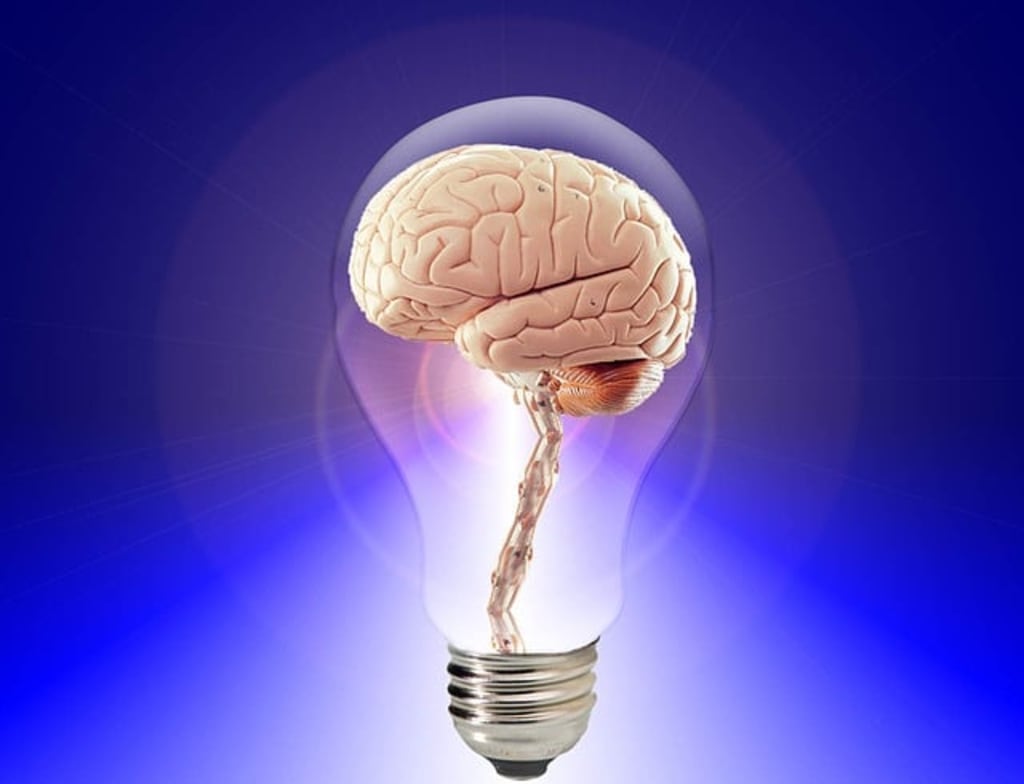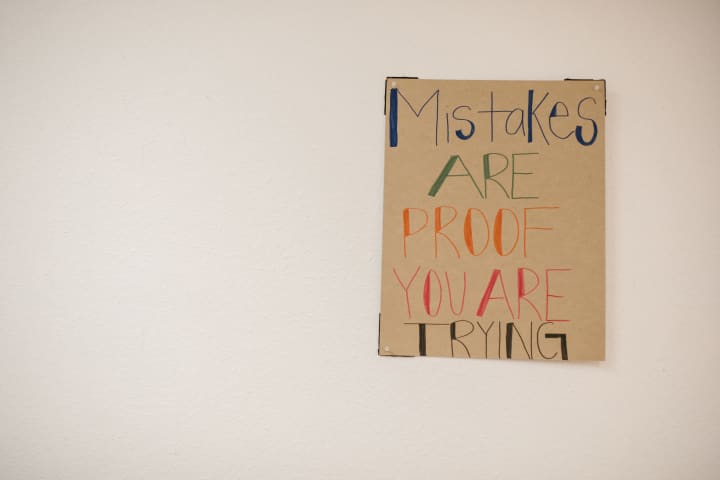Cognitive Biases
Understanding How Our Minds Deceive Us and Strategies to Combat Them

Table of contents
- Introduction
- Confirmation Bias
- Hindsight Bias
- Availability Heuristic
- Overconfidence Bias
- Anchoring Bias
- Conclusion
- Introduction
We may think our minds are rational and unbiased, but cognitive biases prove otherwise. These biases are mental shortcuts that we use to simplify the world around us, but they often lead to inaccurate conclusions. It's important to understand these biases to make better decisions and avoid costly mistakes. Common cognitive biases include confirmation bias, hindsight bias, availability heuristic, overconfidence bias, and anchoring bias. Let's dive deeper into each of these and explore some effective strategies to combat them.
2. Confirmation Bias
Confirmation bias is the tendency to seek and interpret information that supports our beliefs. It occurs because our brains like to feel validated and comfortable with what we already know. For example, if we think a certain political party is right, we tend to only read news sources that agree with us. To combat confirmation bias, we must challenge our own beliefs and seek out opposing views. We can also ask for feedback from others who have different perspectives. By doing so, we can improve our decision-making skills and reduce our chances of being wrong.
3. Hindsight Bias
Hindsight bias makes us believe that past events were more predictable than they actually were. It occurs because our brains like to make sense of things retroactively. For example, after a stock market crash, we may convince ourselves that we saw it coming. To combat this bias, try to view events as if you don't know the outcome. Focus on the facts and avoid assuming that events were more predictable than they actually were.
4. Availability Heuristic
Do you find yourself overvaluing the importance of information that's easy to recall? That's the availability heuristic. It's a mental shortcut where we judge the likelihood of events based on how easily we can recall them. It happens because we subconsciously think that information easily brought to mind is more important or more common than it actually is. The 24-hour news cycle is a great example of this bias. To combat the availability heuristic, challenge yourself to seek out new information and consider alternative views.
5. Overconfidence Bias
Overconfidence bias is when an individual overestimates their abilities or predictions. This can lead to poor decision-making and risks, as they assume they cannot be wrong. It's caused by a lack of information or failure to reassess beliefs based on new information. Common examples include investors who overestimate their stock-picking abilities, or individuals who believe they can multitask effectively. To combat overconfidence bias, individuals should avoid making hasty decisions, seek feedback, and remain open to different perspectives. Remember, being confident is great, but overconfidence can be dangerous.
6. Anchoring Bias
Anchoring Bias is a tendency to rely too heavily on the first piece of information encountered when making decisions. The first information we receive "anchors" our perception, making it difficult to change our minds even when presented with new, contradictory evidence. For example, when buying a car, a salesman may offer a higher price initially, making subsequent, lower prices seem like a bargain. To combat this bias, we must recognize it and try to evaluate information objectively, avoiding the influence of the initial anchor.
7. Conclusion
It's important to combat cognitive biases since they can steer us towards bad decisions. A few of the common types of cognitive biases include confirmation bias, hindsight bias, availability heuristic, overconfidence bias, and anchoring bias. To overcome these biases, we can start by acknowledging their existence, seeking different perspectives, and gathering data to inform our decisions. By doing so, we can improve our decision-making and minimize the effects of cognitive biases.






Comments
There are no comments for this story
Be the first to respond and start the conversation.